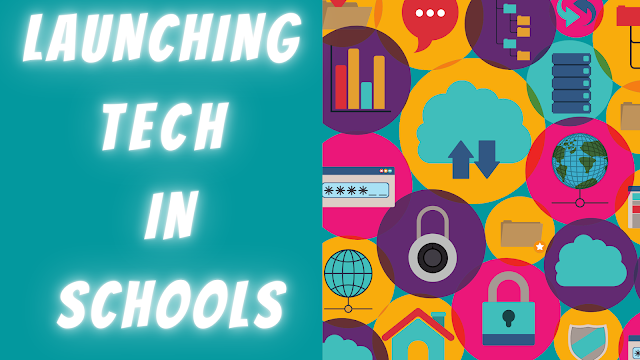Using data-driven approaches at school? Avoid these mistakes

The idea: Here are 3 common mistakes to avoid when adopting data-driven approaches in your schools: #1 Lacking a clear purpose for collecting data, #2 Failing to tackle data aversion/ fearing mindsets in the community, #3 Drawing conclusions without analyzing the reliability of the data For any School that wants to be innovative and improve quickly, data-informed approaches/ improvement science approaches should be central to their functioning. Read more about adopting an Improvement Science Approach in schools in this book: Learning to Improve: How Americas Schools Can Get Better At Getting Better .



